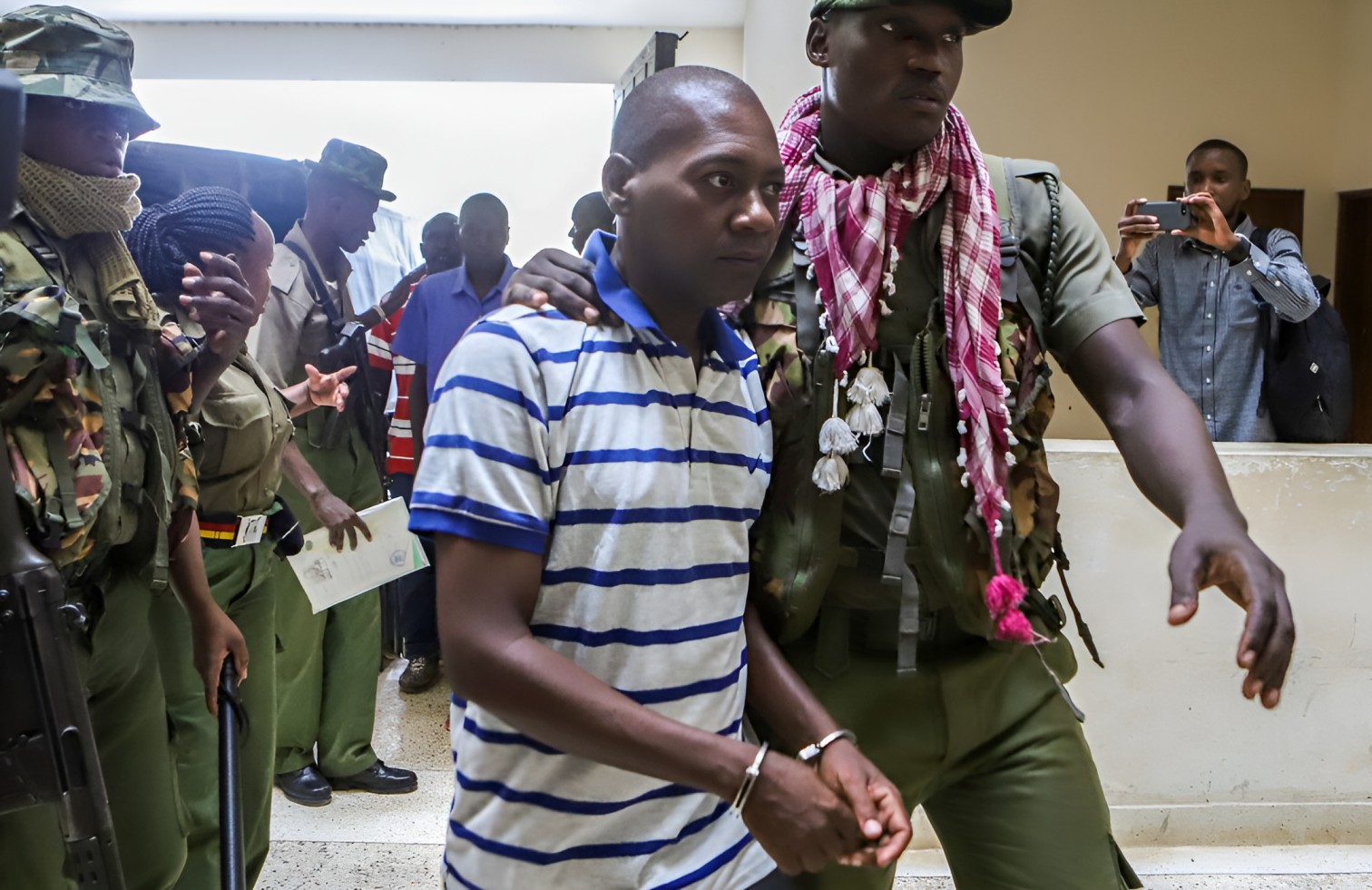One year later: Religious oversight report still unused despite fresh warnings

Despite the clear danger of continued inaction, the task force’s report remains shelved.
A government task force report on regulating religious organisations remains ignored nearly a year after it was submitted to President William Ruto, raising fears of continued abuse under the guise of faith as dangerous sects re-emerge.
The task force, formed after the Shakahola tragedy, handed its final report to the President at State House on July 30, 2024.
Despite the urgency that surrounded its formation and the detailed recommendations it presented, no steps have been taken to implement the proposals.
Rev Mutava Musyimi, who chaired the team, said the failure to act on the report poses a serious risk to the country.
"Our greatest fear is that if this is not implemented, we are likely to see another Shakahola," he warned.
"We did our part, it would be sad to witness another Shakahola having done that report with specific recommendations to the government. It would be a dereliction of duty."
The Shakahola killings, which exposed the shocking depths of cult-like indoctrination, led to the discovery of over 400 bodies in mass graves in Kilifi County by the end of 2023.
The horror of those events prompted President Ruto to form the task force through a Gazette notice on May 23, 2023, in a bid to prevent future tragedies driven by extremist religious ideologies.
Despite the clear danger of continued inaction, the task force’s report remains shelved even as new incidents emerge.
Just last week, two members of the Melkio St Joseph Mission of Messiah in Africa Church died inside their church after refusing medical treatment.
Police also rescued 57 followers from the premises during a raid.
These events highlight the ongoing risks of religious extremism in unregulated environments.
Rev Musyimi, who previously served as the Secretary-General of the National Council for Churches of Kenya, stressed that implementing the recommendations would offer the government a reliable path to address the problem.
"We knew that this problem would come up again. That’s why this report is critical to the country," he said.
The report called for a structured policy framework and official guidelines to guide both self-regulation and government oversight of religious groups.
The aim was to promote transparency, accountability, and safety in a sector that has long operated without robust legal checks.
The team noted that while Kenya has a constitutional guarantee of religious freedom, the legal and policy frameworks have failed to curb the misuse of this freedom by rogue preachers and institutions.
It warned that extremist ideologies have flourished in this legal vacuum, often leading to mental, physical, and even fatal harm to citizens, including children.
"There is a need to undertake policy, legal, institutional, and administrative reforms to ensure that the exercise of the freedoms of religion and association is not used in a manner that is detrimental to individual health and safety, the public interest,t and national values," the report stated.
One of the most critical observations made by the task force was the lack of a proper legal personality for religious organisations.
According to the report, many such organisations operate in a grey area, protected by outdated laws and vague registration processes.
The current regulatory regime is anchored in the Societies Act, which the task force found to be outdated and incapable of addressing the unique needs of the religious sector.
The team proposed the creation of a new statute that would clearly define the legal standing of religious groups, establish requirements for registration, and outline offences that may occur under the cover of religious activity.
They also recommended that all religious organisations, including churches, sects, and other faith-based institutions, undergo fresh registration under a strict vetting process.
To guide this overhaul, the task force drafted the Religious Organisations Bill, 2024.
However, the Bill has yet to be published.
If passed, the Bill would set up a Religious Affairs Commission that would be tasked with overseeing the registration and verification of religious organisations, working in collaboration with other government agencies.
The Bill proposes that any religious institution previously registered or exempted under the Societies Act must update its records within a year of the law taking effect.
Institutions that fail to comply within that time frame will be deemed unlawful and will no longer be recognised by the state.
"A religious institution which was registered or exempted from registration under the Societies Act or any other written law and existing immediately before the commencement of this Act shall update particulars under this Act within one year after the commencement of this Act," reads the draft Bill.
"An existing religious institution that does not apply for registration within the one year shall equally not be recognised," the report continues.
As government authorities continue to delay action on the report, more religious groups operate unchecked, raising fears of fresh tragedies.
For many observers, the failure to implement the recommendations not only undermines public safety but also exposes the state's reluctance to confront a growing problem.
